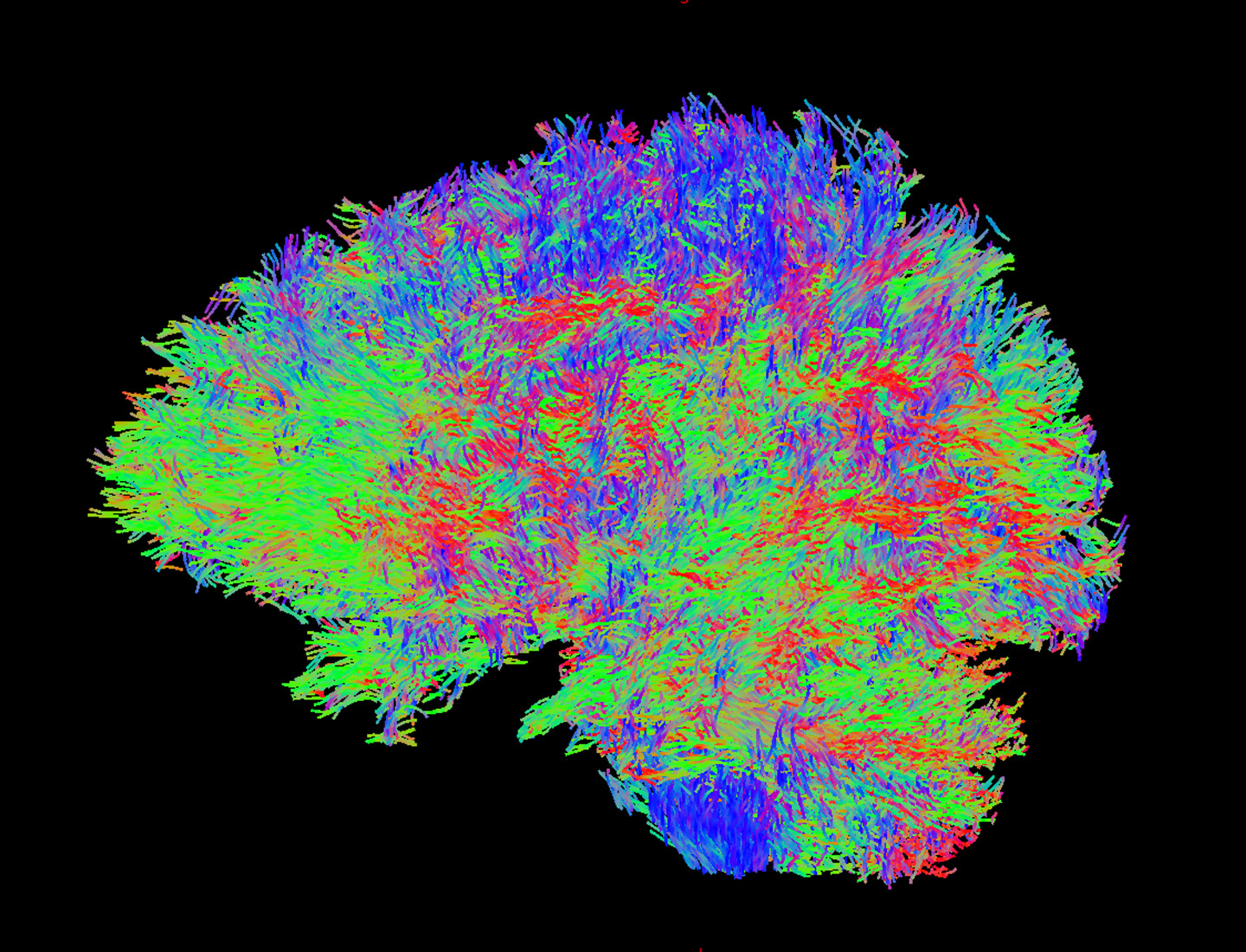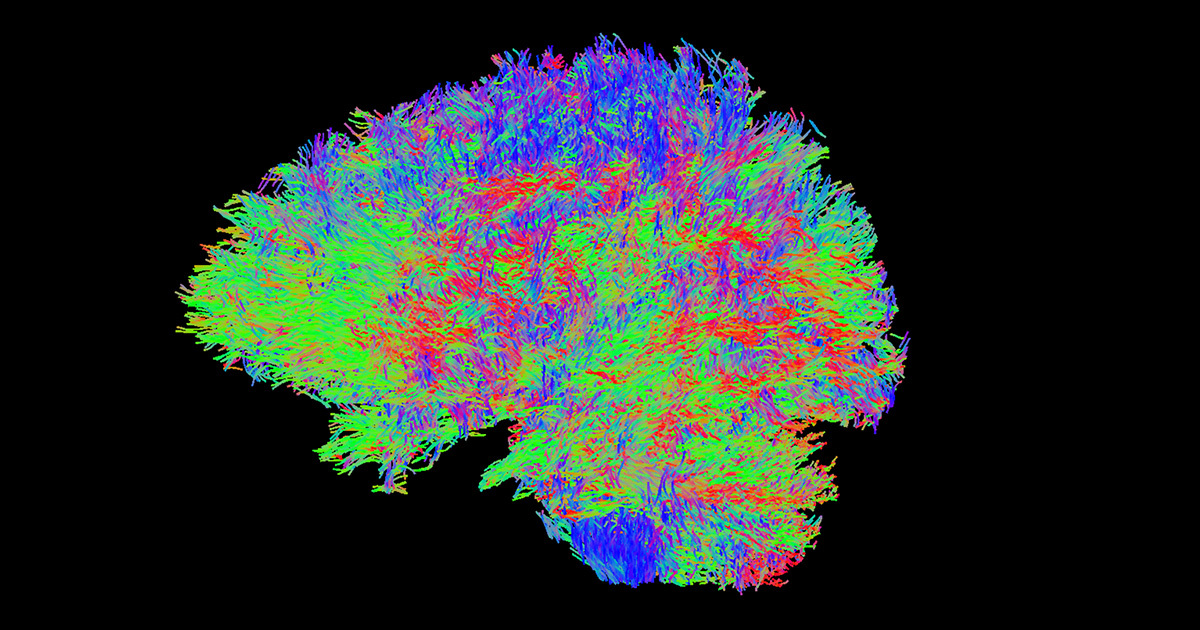
UT Health Austin Pediatric Partner Programs Ranked Among Nation’s Best
UT Health Austin pediatric partner programs at Dell Children’s Medical Center are ranked among the best in the nation by U.S. News & World Report, with top honors in cardiology, neurology, and behavioral health care — showcasing Austin’s emergence as a destination for world-class pediatric care.






